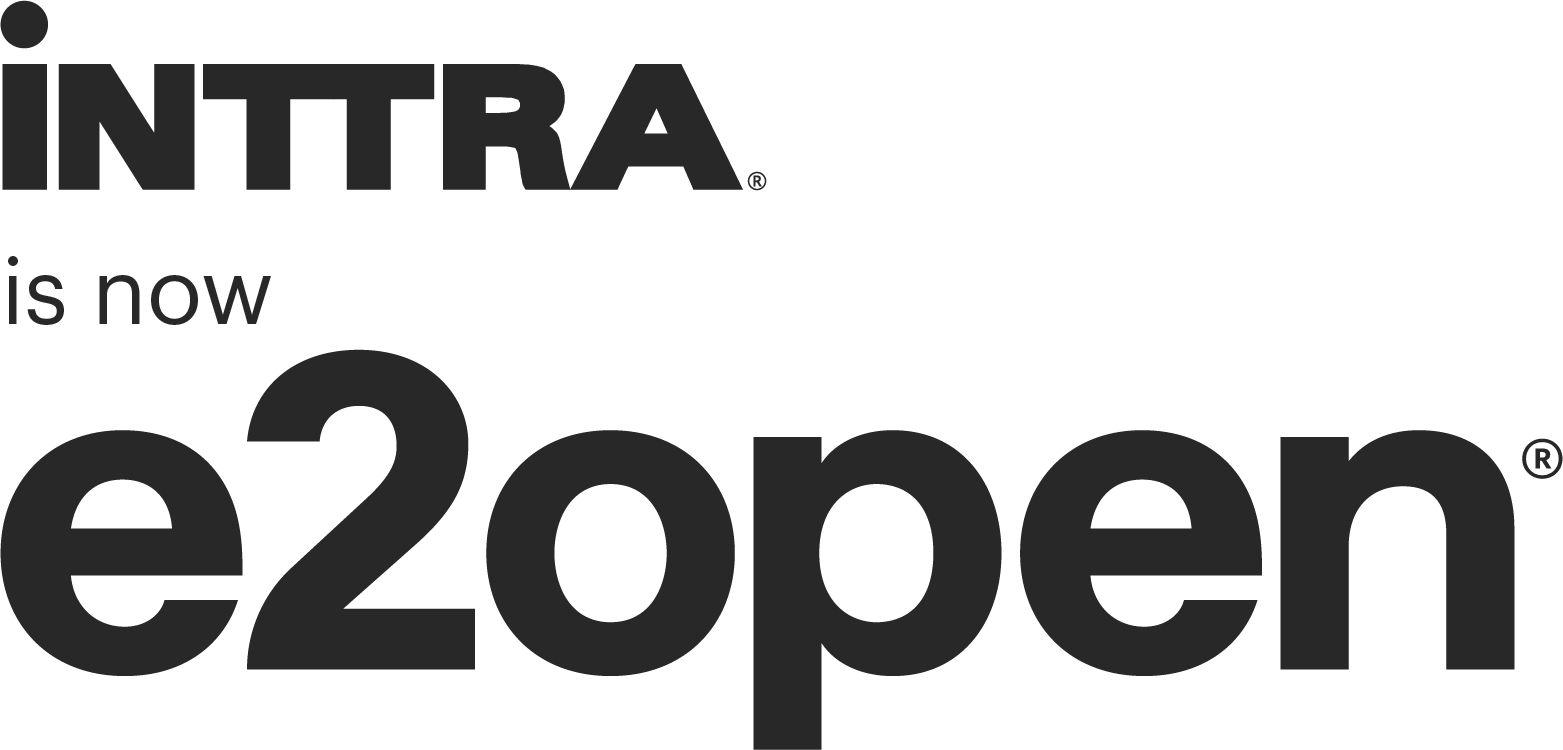07 Aug Digital Divide
American Shipper Magazine – August 2017 Edition
Quoted From “American Shipper – Cloudy With A Chance of Pain”, August 2017 Edition
To their credit, carriers have finally started to embrace digital imperatives, rather than run from them. Of course, not all carriers are embracing them equally.
INTTRA, the neutral ocean freight e-commerce platform, has tried over the years to increase the level of digitization and standardization of processes among carriers to reduce inefficiency and cost.
“In the short term, digitization and optimization of operational processes will reduce costs and help to accumulate important data for further innovation,” said INTTRA President and Chief Operating Officer Inna Kuznetsova. “As the digital divide between carriers grows, we see a lot of larger companies already moving into this direction. Yet many small carriers are only starting digitizing such processes as booking.
“However, the variety of optimization tools available today opens room for positive changes in even the most advanced operations—from new ways of repositioning empties to applying market data analytics to create a more dynamic approach to pricing. In the longer term, more carriers will be able to move from pilots to full implementations and achieve revenue growth with the help of digitization in addition to cost reductions. This may include digital sales channels, dynamic pricing and cargo mix optimization.”
One of the biggest recent proponents of dynamic pricing has been Zvi Schreiber, CEO of the freight rate marketplace and rate management software provider Freightos. Unsurprisingly, Schreiber sees the adoption of transparent pricing as key to unlocking latent revenue and profit opportunities for carriers.
“Carriers should embrace dynamic, transparent pricing and online sales,” he said. “Not only is the move online inevitable, as it has been in other industries, but online sales have actually been beneficial for passenger airlines, for example, which have increased yields and reduced cost of sale. Ocean carriers can benefit in the same way.”
Similarly, Graham Parker, CEO of Kontainers, a digital freight forwarding platform, said carriers can use current technology to make headway with a category of shippers they have largely forsaken as too expensive from a cost-of-sales and customer service perspective.
“The carriers should use the renaissance of technology in the industry happening right now to re-engage directly with transactional BCOs,” he said. “Over the past 20 years carriers have effectively outsourced their sales function to freight forwarders, except for large BCOs. Freight forwarders do not add any value to transactional cargo movements where a shipment just has to move point A to B. They do add value for complex movements or movements with supply chain requirements baked in.
“Transactional movements are the majority of ocean bookings,” Parker explained. “Carriers can use the wave of tech hitting the industry as a way to take back control of transactional BCO’s over the next three to five years. This would have a dramatic impact on their bottom line. First, it would increase their margins with higher direct rates. Secondly, they could transact digitally and cut their current operational overhead. Third, they could cultivate the relationship by using the technology to upsell more digital solutions.”





No Comments